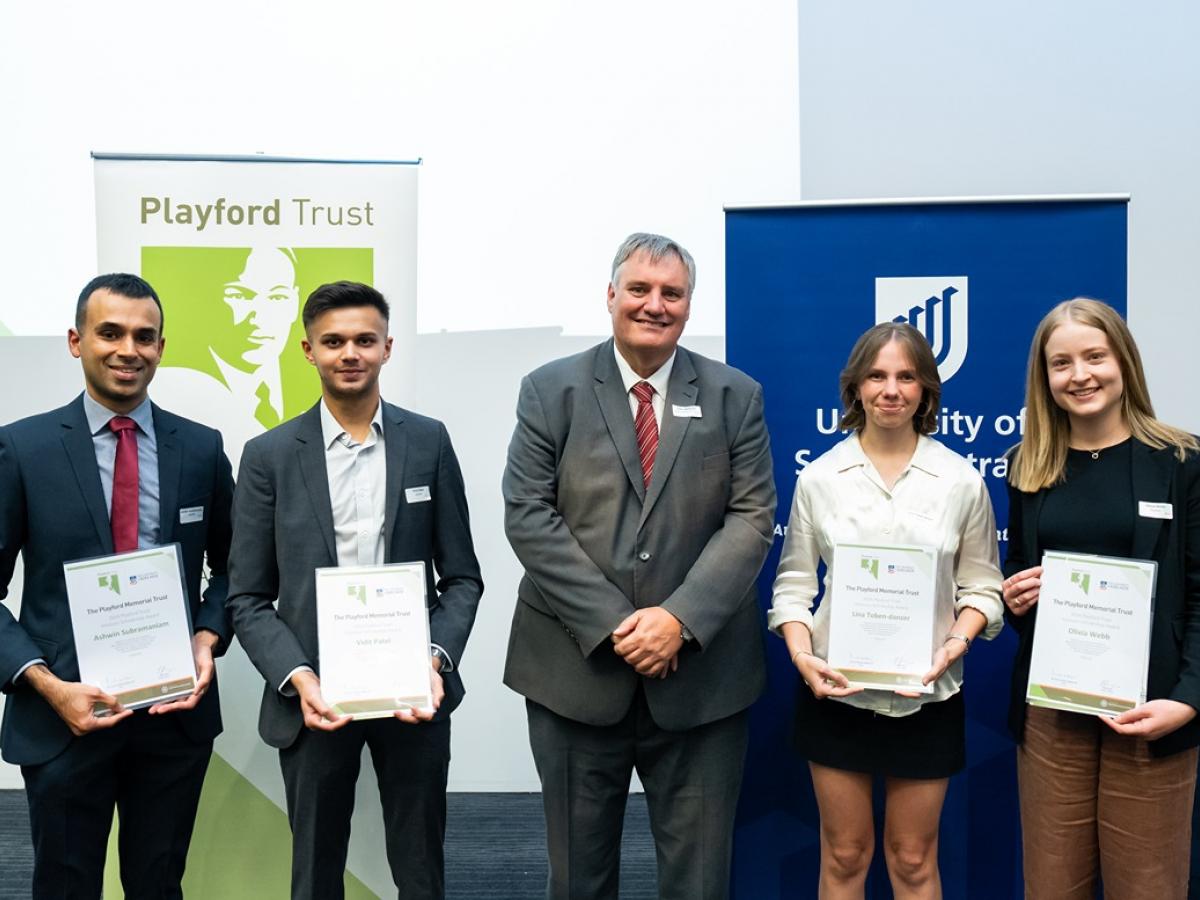Australia and New Zealand’s science, research and innovation sectors have united to provide governments with the latest and best evidence as they contain and respond to the COVID-19 outbreak.
The Rapid Research Information Forum (RRIF) was convened and is chaired by Australia’s Chief Scientist, Dr Alan Finkel. It benefits from operational support and leadership from The Australian Academy of Science, and is a collaboration of the participant organisations, listed below.
RRIF participants are working together to rapidly answer pressing questions about COVID-19, as they emerge. Questions are put to the RRIF by Ministers and other key decision makers, for example to support the work of the Chief Medical Officer, the Australian Health Protection Principal Committee (AHPPC), and the National COVID-19 Coordination Commission (NCCC).
The first three reports, published in response to questions asked by the Health Minister, are available now.
- What is the impact of winter on the spread of COVID-19?
- Is reinfection with SARS-CoV-2 possible?
- What is the feasibility of monitoring wastewater for early detection and monitoring of COVID-19 in the population?
The RRIF will answer a range of questions in reports to be published in the coming days, at the request of Industry, Science and Technology Minister Karen Andrews; Health Minister Greg Hunt and Education Minister Dan Tehan and to support the NCCC. The growing list of questions includes:
- Is there evidence for differential learning outcomes for online versus in-class education; what factors moderate the relative effectiveness; and are there distinct implications for students in metropolitan, remote, rural and indigenous communities?
- What is the predictive value of serological antibody tests, and are point of care tests comparable to laboratory tests?
- What impact is the pandemic having and likely to have on Australia’s research workforce and will we have the research workforce capability to support our recovery efforts?
- What are the most promising vaccines and treatments being developed globally that are regarded as having most promise (including national and international collaborations and consortia), and what are the mechanisms for action for each of these, their stage of development and their strengths and limitations?
Australian Academy of Science President Professor John Shine expressed his delight at the opportunity to submit the knowledge of scientists and other experts to the Australian Government at this critical time.
“We are in complex and unchartered territory, so it is absolutely appropriate that the independent and multidisciplinary expertise of Australia and New Zealand’s science, research and innovation sectors is being brought to bear.”
“The RRIF demonstrates the strength of evidence-informed decision making and the critical value of research and innovation in driving societal and economic progress,” Professor Shine said.
Australia’s Chief Scientist Dr Alan Finkel said the rapid reports follow a unique format, in which they synthesise the up-to-the-minute evidence base for a single issue informed by relevant experts and are peer reviewed.
“The COVID-19 pandemic is evolving quickly. The RRIF is enabling timely responses to be provided to policymakers based on the best available multidisciplinary evidence.
“The reports of the RRIF are a major collaborative effort across a number of sectors and complement the existing mechanisms of science advice to Government,” Dr Finkel said.
Key finding on reports published to date include:
What is the impact of winter on the spread of COVID-19?
- Notwithstanding the recent emergence of SARS-CoV-2, research suggests there will be some influence of winter on spread and severity of the virus.
- Lower humidity and air temperature can increase the viability and virulence of the virus and therefore its infectivity.
- Physical distancing supported by effective public policy measures will have a greater impact on managing the spread of SARS-CoV-2 than seasonal climate.
- The concurrence of COVID-19 with other viruses during winter, such as influenza, will likely exacerbate demands on health services, especially for vulnerable people and communities.
- The onset of winter may further exacerbate the psychological effects of COVID-19, especially if quarantining measures are extended.
Is reinfection with SARS-CoV-2 possible?
- Anecdotal reports of patients who have recovered from COVID-19 becoming reinfected may be due to testing problems. While we cannot say for certain that reinfection is not possible, the evidence for reinfection is so far not compelling.
- Overall, based on the changes detected in the blood cells and antibodies seen in most recovered patients, it could be reasonably extrapolated that individuals would be protected from reinfection with the same strain, at least in the short to medium term. However, no direct evidence for immunity in patients exists at present.
- Population-level studies would be needed to determine with greater certainty whether reinfection can occur in people who have developed antibodies to SARS-CoV-2.
- A decline in immunity or mutations in the virus could result in a future scenario in which reinfection is possible.
- Wastewater-based epidemiology (WBE) techniques are used in routine surveillance for human pathogens and have provided valuable public health data. Developing similar WBE techniques for detection of SARS-CoV-2 is an active area of research and rapid improvements can be expected.
- Further understanding of SARS-CoV-2 infection biology and standardisation of WBE methods, along with improvements in their sensitivity and specificity, will enhance use of WBE tools to inform public health authorities of the prevalence of COVID-19 and management of its spread.
- Given the resolution of WBE techniques can facilitate the identification of communities in a given geographic location, there are concerns of stigmatisation of communities resulting from WBE. Careful thought must be given to research design and public release of data.
Forum member organisations
• Australia’s Chief Scientist (Chair) • Australian Academy of Science • Australian Academy of Health and Medical Sciences • Australian Academy of Technology and Engineering • Academy of the Social Sciences in Australia • Australian Academy of the Humanities • Royal Society Te Apārangi (New Zealand) • Australian Council of Learned Academies • State and Territory Chief Scientists • Chief Science Advisor to the Government of New Zealand • Scientific expert members of the National Science and Technology Council • CSIRO • Universities Australia • Science & Technology Australia








